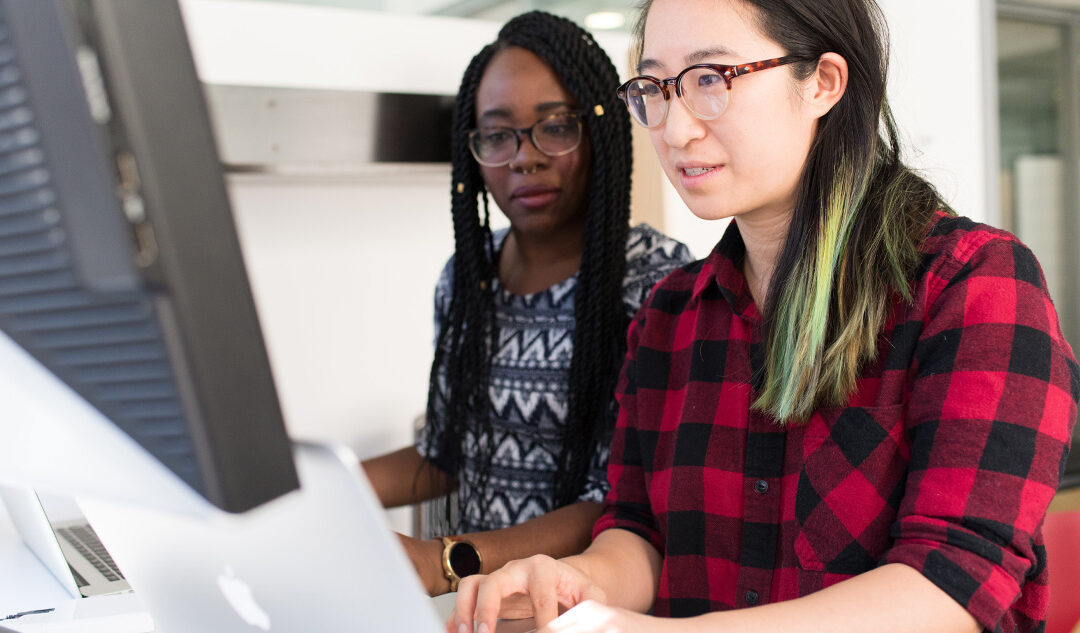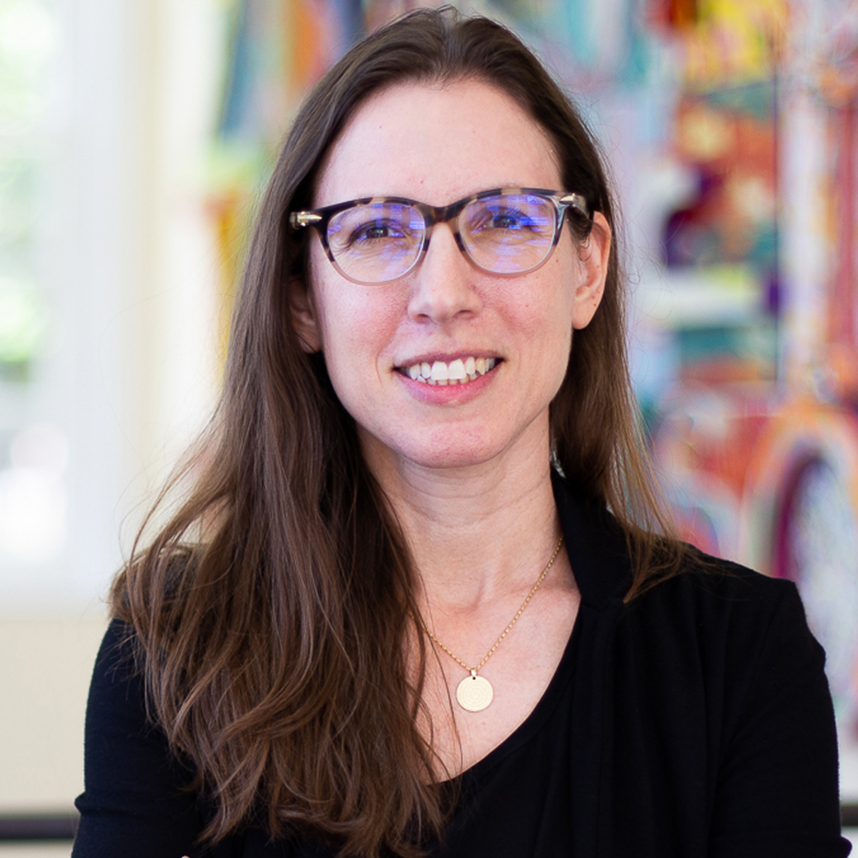The 2018 Rebooting Representation report detailed a significant lack of women representation, particularly women of color, in the U.S. tech sector. Driven by the report’s findings and action items, the Reboot Representation Tech Coalition was formed. The group is composed of 22 leading tech companies that are committed to doubling the number of Black, Latina, and Native American women receiving computing degrees by 2025. The Coalition works to achieve that goal through targeted, philanthropic investments in the often overlooked programs and institutions that make education and careers in computing more equitable.
UKG, one of the world’s leading human capital management cloud companies and a Reboot Representation Tech Coalition senior executive member, has granted $200,000 to UF to create a pipeline of opportunities designed to bring more Black, Latina and Native American women into K-12 computer science (CS) education. Facilitated through partnership with Reboot Representation, this funding will expand outreach, scholarships and mentoring through CSEveryone, the Kenneth C. Griffin Computer Science Education for All Initiative.
UF was selected, in part, for ongoing efforts around teacher development and K-12 CS inclusion. Black, Latina and Native American women represent approximately 16% of the total U.S. population, yet they make up only 4% of students obtaining bachelor’s degrees in computing. Reboot Representation is addressing this gap by leveraging corporate philanthropic giving to invest in programs supporting Black, Latina, and Native American women in computing— from classroom to internship to career.
UKG fosters a diverse and inclusive culture of belonging, which drives its corporate social responsibility efforts. This focus aligns with the company’s senior executive membership in the Reboot Representation Tech Coalition, which aims to double the number of Black, Latina and Native American women receiving computing degrees by 2025.
“UKG believes in the unique value of all people, and we are thrilled to partner with Reboot Representation and the University of Florida as part of our UKG Close the Gap Pay Equity Initiative,” said Brian K. Reaves, EVP and Chief Belonging, Diversity and Equity Officer at UKG. “It’s not enough to advocate for pay equity within corporations, we know that pay inequities start much earlier and can be systemic in nature. We hope that increasing representation among computer science educators has the potential to create lasting change in classrooms for years to come, inspiring more BLNA young women to pursue careers in computer science.”
The 2018 Rebooting Representation report found that “teachers can influence girls to engage and persist in computing, whether that is encouraging them to sign up for a class or to stick one out. Providing additional, proactive teacher encouragement to women students is critical, particularly for underrepresented women of color.” The report also indicated that “diverse teams, including ones with greater gender diversity, are on average more creative, innovative and ultimately more profitable.” This grant addresses immediate representation needs that will impact the future workforce of tomorrow.
“At Reboot, we know that teachers are the backbone of education, and to educate successfully means to support them significantly and intentionally,” said Dwana Franklin-Davis, Chief Executive Officer, Reboot Representation. “We also know that having trusted mentors, educators and advisors who can relate to their lived experiences is deeply valuable for Black, Latina and Native American women in computing degree programs. We’re excited to partner with the University of Florida on a unique and much-needed program to support tomorrow’s tech workforce by supporting educators today.”
Maya Israel, associate professor of educational technology and computer science education, is leading a team of researchers and teacher educators in efforts to integrate CS education in all aspects of K-12 education by transforming teacher preparation and expanding K-12 CS education programs. Leveraging the existing efforts of CSEveryone, the grant from UKG will formalize opportunities aimed at bringing more Black, Latina and Native American teachers into K-12 CS education.
“Having the support of UKG and Reboot Representation is doubly rewarding, considering our focus on inclusion and access in K-12 computer science,” Israel said. “The teacher scholarships provided through this funding helps us meet our goal of providing all children in Florida with the opportunity to access high-quality, inclusive computer science instruction — a diverse K-12 teacher workforce is key to accomplishing this mission.”


